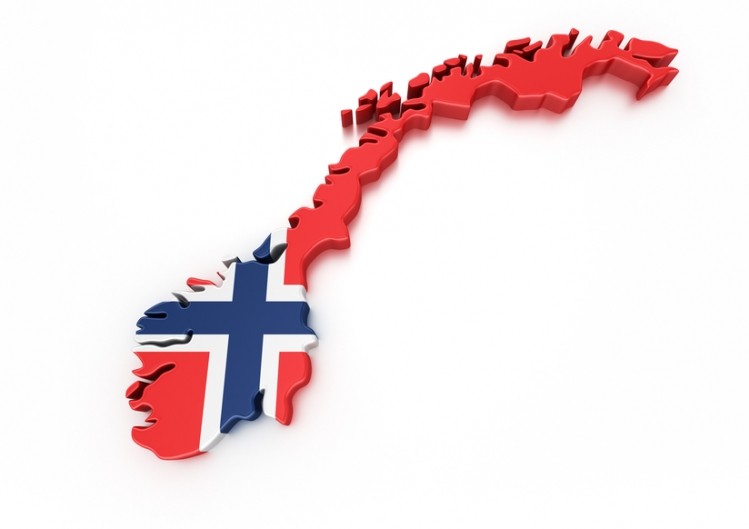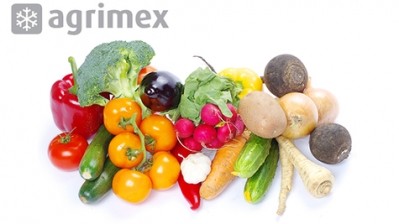Food processors 'deceive consumers', say Norwegians as pressure mounts to introduce ombudsman

New figures published by Nielsen show that just three supermarket chains now command 96.1% of the market – Norgesgruppen, the Norwegian Group (43.2%), Coop (29.2%) and Rema (23.7%).
Some have suggested a 50% ceiling to prevent the Norwegian Group gobbling up more share.
Speaking at a high-profile industry debate last week, the agriculture minister Jon Georg Dale said that wouldn’t work. However, he expressed concern that it was becoming increasingly difficult for new players to enter the market.
“We must ensure that these three players do not become the only ones on the market in any future,” he explained. The results of a government investigation into what prevents new food businesses entering the market should be published soon.
Other politicians attending the debate expressed concerns about the popularity of “vertically integrated” supply chains. “The tendency of recent years is a much, much stronger vertical integration in the value chain,” said Ola Borten Moe, deputy chairman of the Centre party, in an interview with the Nationen newspaper. “Still fewer [companies] are controlling more.”
Peter Ruzicka, CEO at food manufacturer Orkla, is also keen for the government to step in. He believes a new law of “good commercial practice” would “solve many problems”.
Citing the UK’s grocery adjudicator as an ombudsman scheme that has “worked reasonably well”, Ruzicka claimed a similar approach in Norway would lead to greater competition, improved relationships within the supply chain and more transparency.
New consumer survey
His comments came as Orkla, which process snacks and confectionery as well as ingredients for the bakery trade, released new research showing that 84% of consumers want to see a strong Norwegian food industry. Indeed, almost two thirds (64%) claimed they would be happy to pay more for national goods.
“Around 80% of all the food we sell in Norway is made in this country,” Ruzicka explained. “Because of this national production, we can meet Norwegian consumers’ wishes and expectations far more effectively than our foreign competitors. Foods produced without palm oil and products with less salt are some examples,” he added.
Still, the survey also revealed that consumers don’t trust food processors. Almost one in two (48%) believes the food industry “tries to deceive them”, whilst 42% feel that industrially produced food is unhealthy. Some 87% think the food they prepare at home is “better than industrially produced food”.
“Unfortunately, the results show that the myths about industrially produced food are still flourishing,” Ruzicka said. “However, good, healthy food is not a question of the size of the pot, it’s about the ingredients that you put in it.”

























